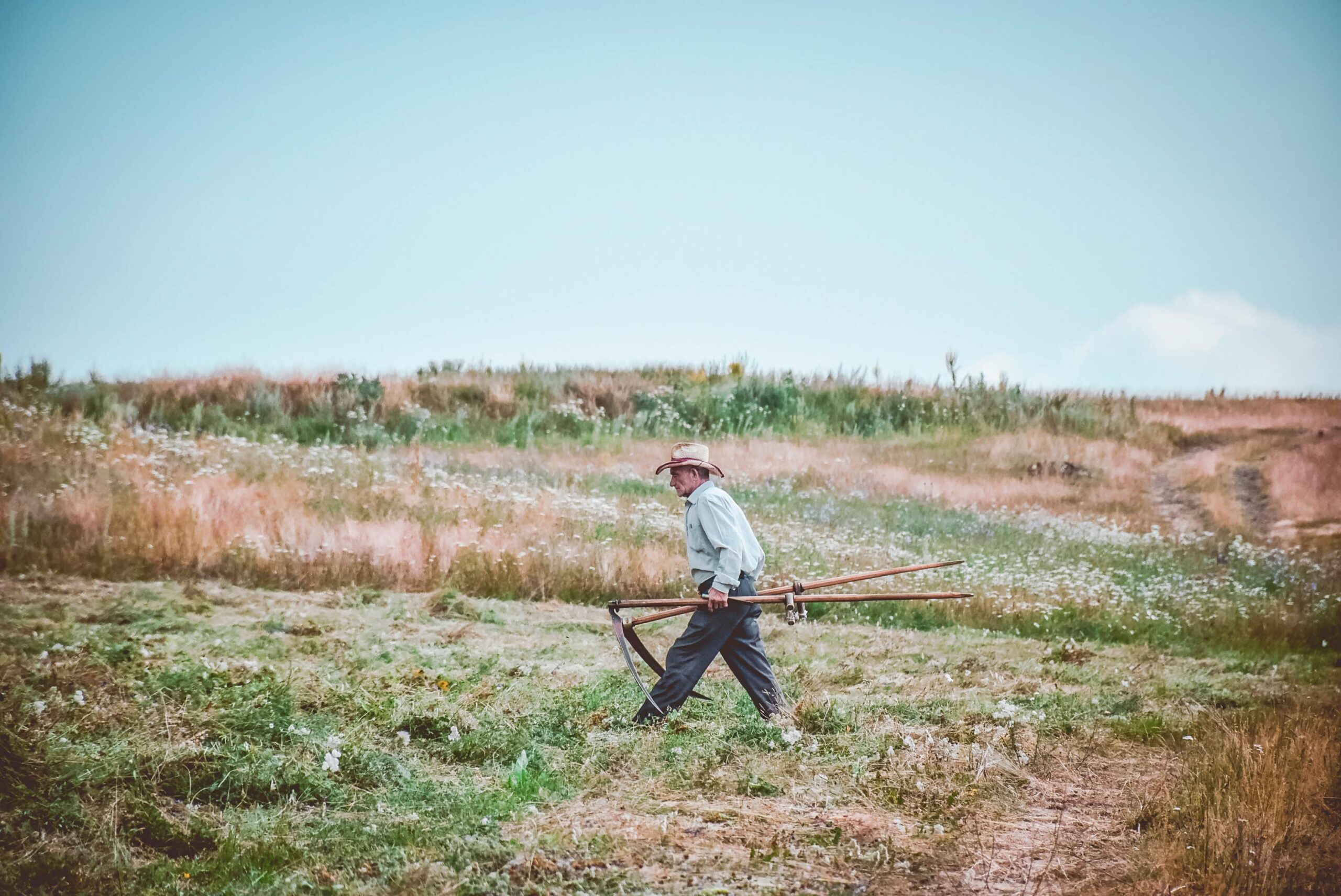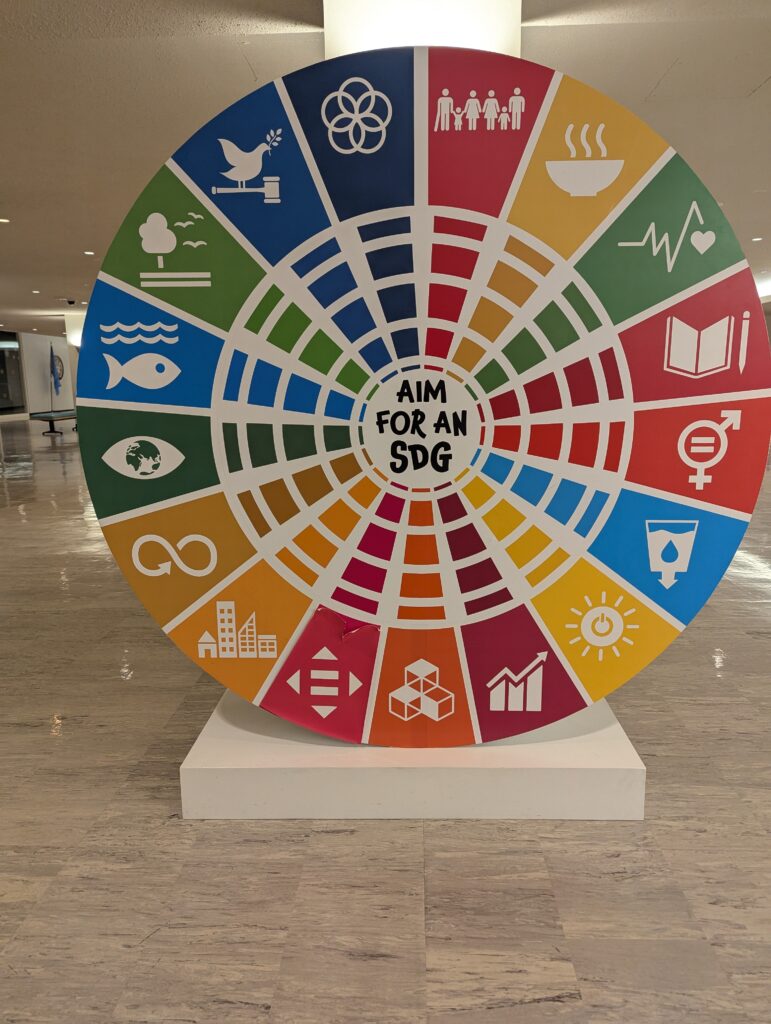We are excited to announce significant progress in the international project Eco-Tourism
Innovations for Rural Development, an Erasmus+ initiative aimed at promoting sustainable
tourism practices in rural areas across Europe. This project, officially known as Project No:
2023-1-IT01-KA210-VET-000165842, involves partners from Italy, Cyprus, Denmark, and
Romania, each contributing their unique expertise to foster eco-friendly tourism and rural
development.
Italy: Embracing Sustainability in Conegliano and Valdobbiadene
In the enchanting hills of Conegliano and Valdobbiadene, Synthesis Srl has been at the
forefront of integrating traditional wine production with sustainable tourism. Through
comprehensive research and interviews with local wineries and guest house administrators,
Synthesis Srl contributed to the creation of a detailed handbook on green practices. In
April 2024, two pilot training sessions were conducted, engaging 15 local stakeholders.
These sessions empowered participants to incorporate eco-friendly strategies into their
operations, emphasizing the importance of preserving natural landscapes and preventing
overtourism. The initiative has not only enhanced local operators knowledge but also
fostered a community dedicated to sustainable tourism.
Cyprus: Cultivating Eco-Friendly Tourism in Rural Larnaca
C.F. Elite Tutors Ltd led the efforts in Rural Larnaca, engaging local businesses, producers,
and administration representatives to develop and implement sustainable tourism
practices. After conducting extensive field research and interviews, the team helped create
training materials tailored to local needs. The pilot training sessions held in May 2024 saw
participation from 15 local entrepreneurs and stakeholders, who learned to balance
tourism growth with environmental conservation. By highlighting local traditions, such as
Cyprus coffee and honey production, the project demonstrated how cultural heritage can
be integrated into a sustainable tourism model.
Denmark: Green Tourism Practices in Køge
The Common Ones spearheaded the initiative in Køge, Denmark, focusing on educating
rural tourism operators about practical sustainability measures. The pilot training sessions,
which included interactive workshops and hands-on activities, provided actionable
strategies for implementing green practices. A total of 15 participants took part, creating a
network of rural tourism providers committed to continuous learning and sustainability.
The feedback collected during these sessions was instrumental in refining the handbook,
ensuring it met the specific needs of the Danish rural tourism sector.
Romania: Sustainable Tourism in Bucovina de Munte
In Bucovina de Munte, the Institut National de Cercetare Dezvoltare in Turism (INCDT)
worked on integrating sustainable practices into local tourism businesses. Through
detailed research of the areas, natural and cultural resources and numerous interviews, they
contributed to the handbook development. The pilot training sessions held in April 2024
engaged 15 local guest house administrators, producers, and cultural associations, equipping them with tools to enhance their sustainability efforts. The project also emphasized the role of the Local Action Group Bucovina de Munte in promoting cohesive and sustainable rural development.
The Eco-Tourism Innovations for Rural Development project has significantly advanced the
understanding and implementation of sustainable tourism practices in rural areas. The pilot training sessions have not only provided practical skills but also fostered a sense of community among all participants.
Participants across all regions reported significant improvements in their ability to implement sustainable practices, with many already integrating these strategies into their operations. The positive feedback and successful implementation underscore the project’s effectiveness in bridging theoretical knowledge with practical application.
Looking ahead, the consortium will continue to refine the handbook and training materials based on participant feedback. Additional activities are planned to ensure ongoing support and enhancement of sustainable tourism practices in the target regions.





